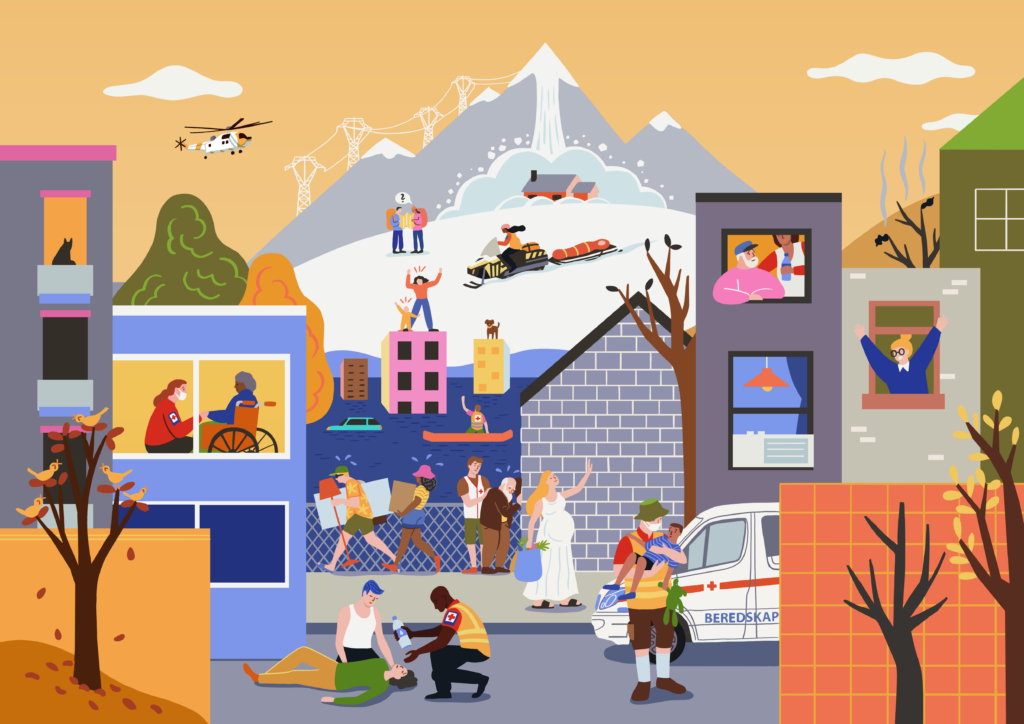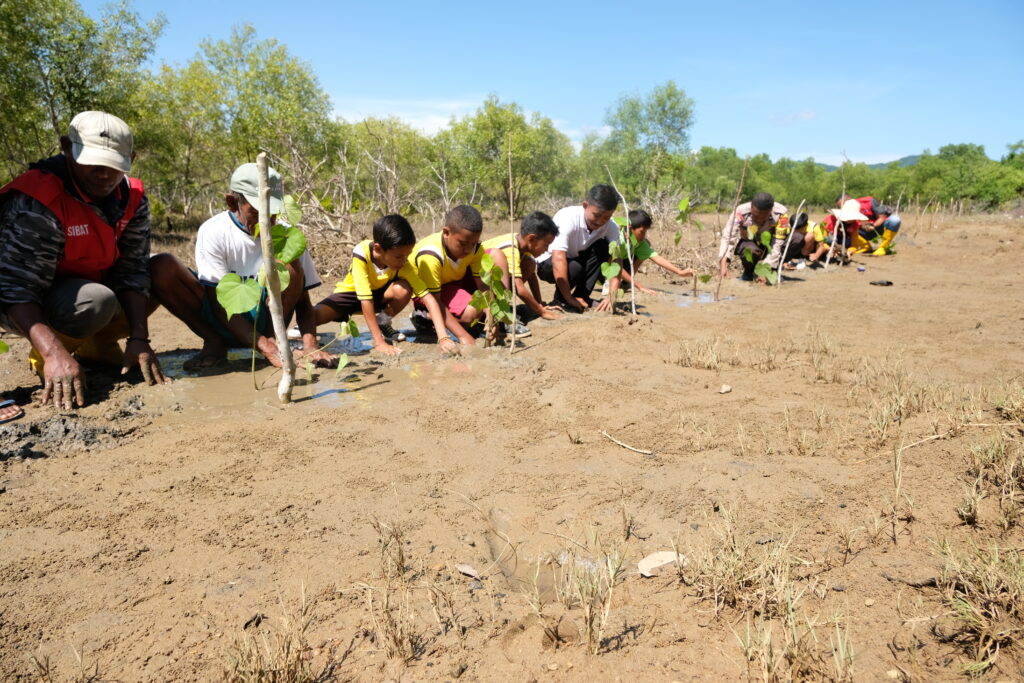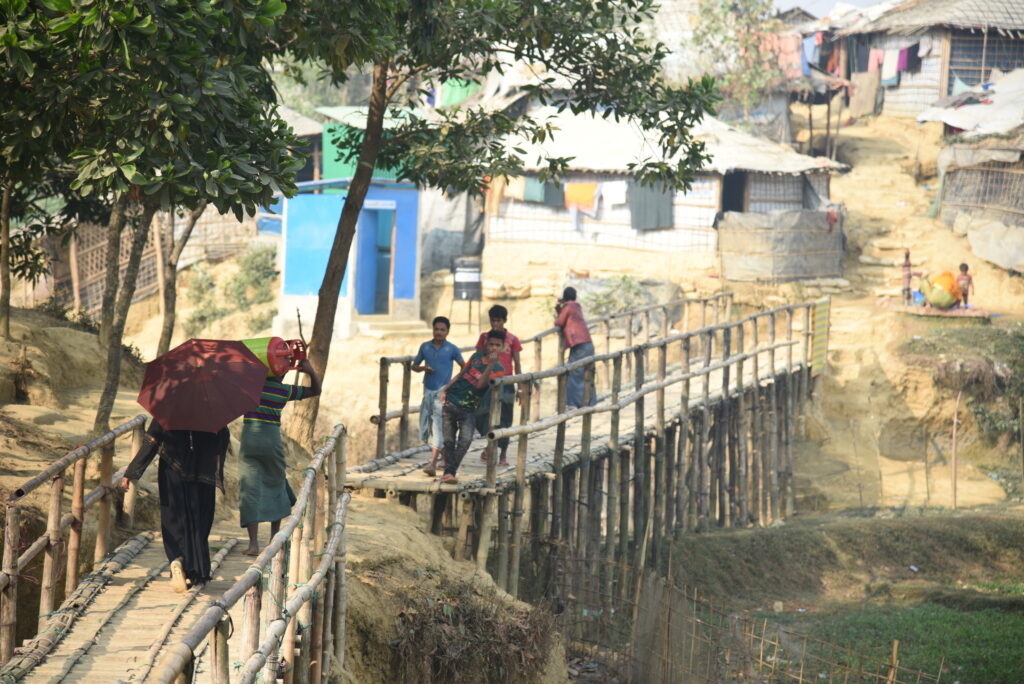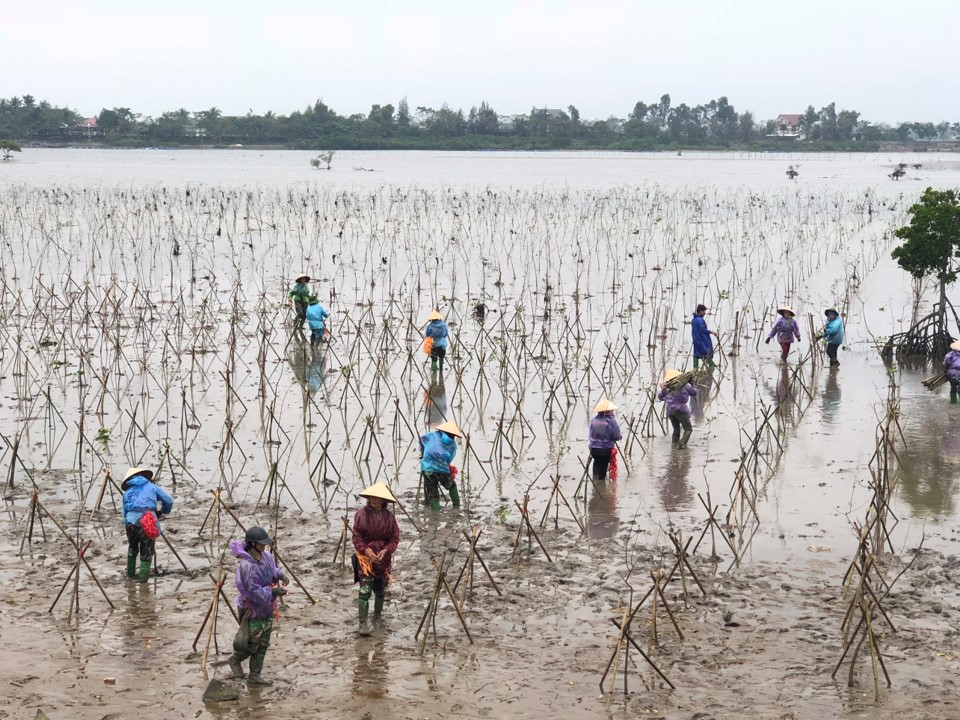Report: The Future of Volunteers in Disaster Preparedness and Emergency Response
Climate change, rural to urban migration, an aging population, municipal task shifting, and changes in the way people volunteer – many forces will affect the risk landscape local disaster preparedness and emergency response actors will have to confront in the decades to come. What do we in the Red Cross have to be aware of […]
Report: The Future of Volunteers in Disaster Preparedness and Emergency Response Read More »








